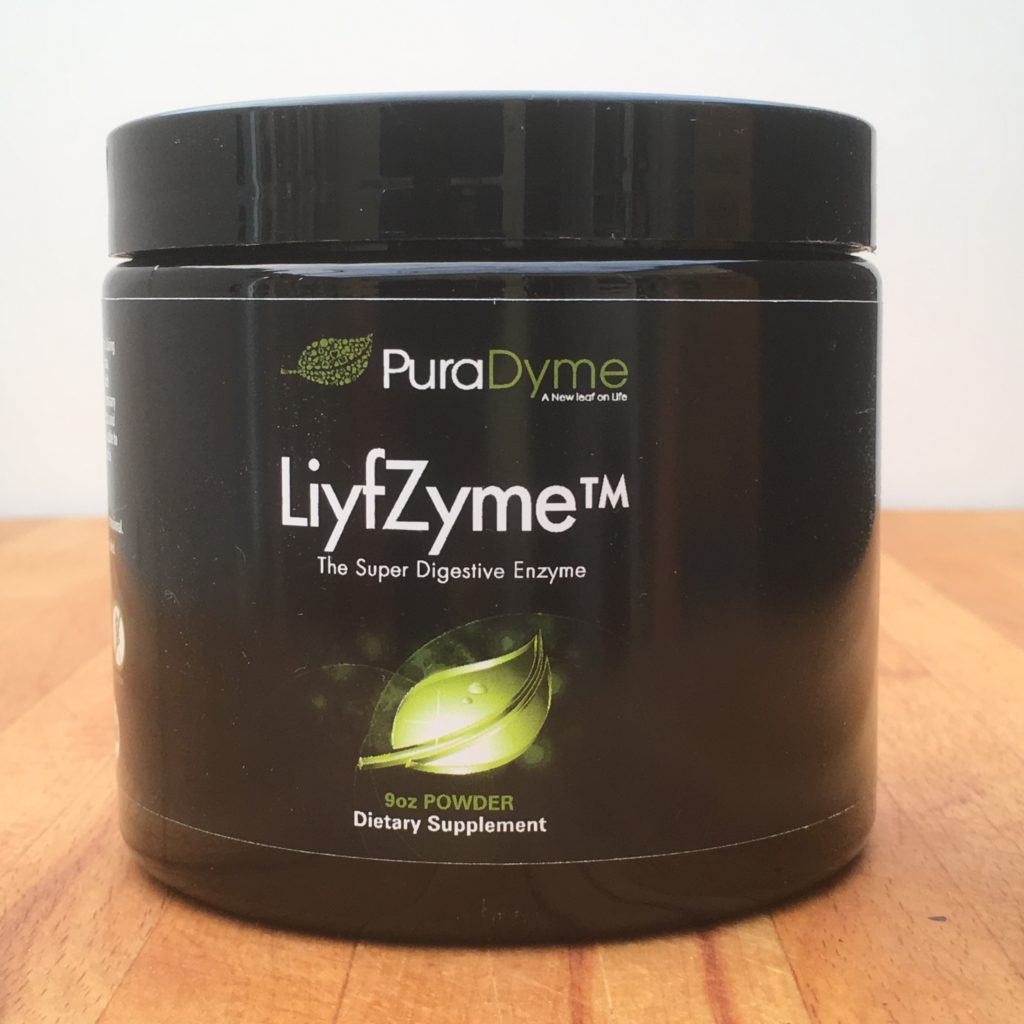Digestive enzymes are naturally occurring and help break down food so the body can absorb nutrients.
The body produces digestive enzymes – some in your mouth, stomach and small intestine – but the majority are made in the pancreas.
The pancreas delivers enzymes to the small intestine whenever food is ingested.
These enzymes are:
Once the nutrients in food have been broken into molecules that are small enough, they are absorbed into the blood through the walls of the small intestine.
The blood then carries these broken down molecules all around the body to different organs. It is the process that fuels the body so that everything can work as it should.
There are times when the body doesn’t make enough digestive enzymes.
This will obviously have an impact on the digestive process.
If you don’t make enough lactase, you will not be able to digest lactose effectively, which is the sugar found in milk.
Lactose that is not digested then passes into your colon in the liquid form that your consumed it.
This leads to bloating and flatulence – this is because there is physically more stuff in your colon and that stuff reacts with bacteria in the colon to produce gas.
Other digestive enzyme deficiencies will affect how other types of food are digested, leading to similar problems with bloating and flatulence.
But failing to digest food properly has other, broader consequences.
You do not absorb all the nutrients available in your food and the body also has to work harder than it would otherwise to absorb the required nutrients.
In effect, you are not getting enough fuel for your body, and your body is having to work harder than necessary to get any fuel it is getting.
It is a digestive double whammy – not enough petrol going into an engine that is having to use more petrol than other engines.
You do not have to have had any medical training to know that this is not going to end well.
It is why many people report huge improvements in their energy levels and their skin and hair condition after starting taking digestive enzyme supplements.
It is not just about how your tummy feels – it is about the whole you.

As with most health matters, there are two ways of going about replenishing the enzyme levels in the body – the ‘chemical route’ of prescription medication and the more natural way.
You can go down the natural route by following a raw food diet.
Raw food advocates believe cooking food above a certain temperature or processing it destroys the digestive enzymes in it.
Eating raw food prevents this destruction.
But we appreciate that a raw food diet is not always practical or desirable.
Which is when you might consider our supplements.
Digestive enzyme supplements can be derived from plant, microbial or animal sources. Plant-derived enzymes are thought to be more stable in the intestinal tract and are obviously suitable for vegetarians.
Animal-sourced enzymes are not as stable in acidic places like the stomach.
Our supplements do not contain animal-sourced enzymes.
Examples of plant-sourced enzymes include bromelain, from pineapples, papain, derived from papayas, and lactase, which comes from yeasts or fungi.
For people who can’t make enough digestive enzymes because of a specific and serious health condition – pancreatitis, cystic fibrosis or cancer of the pancreas – GPs prescribe enzyme medication.
Usually, however, the cause of digestive enzyme deficiency is more difficult to pin down.
But the impact can be significant in terms of the way that your body functions.
As we said previously, we believe everyone who has bloating or flatulence or is run down, and who has been to see a GP to check that the symptoms are not something serious, should consider taking digestive enzyme supplements.
Digestive enzyme issues may not be the cause of your general sense of fatigue or poor physical health, but there is every chance that this is indeed what is causing you to feel and look less well than you deserve to.
You can buy many forms of digestive enzyme supplements and they are considered to be very safe when they are taken as recommended.
It has been found that bromelain thins the blood, which means people with serious health conditions who are taking blood thinners should avoid it.
On the flip side, blood thinning can be beneficial in the general population in terms of preventing heart attack and certain forms of stroke, although we do not recommend that you take supplements containing bromelain specifically for this purpose.
It is recommended that you consult your GP before taking supplements, and you should stop taking them if you notice any bleeding or you start suffering from difficulty breathing, nausea, light-headedness or any symptom that concerns you.
Always read the label and be aware of any allergies that you have.


puradyme: world leaders In food supplements and cellular health
Copyright 2019 © The Raw Builder